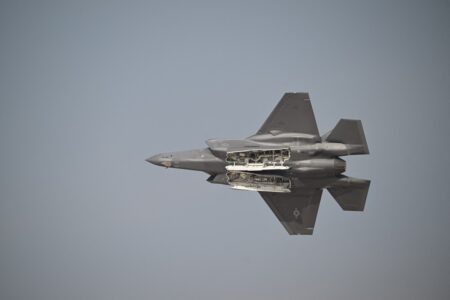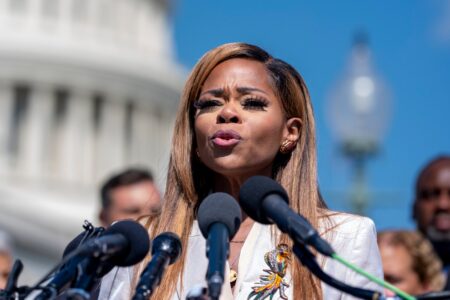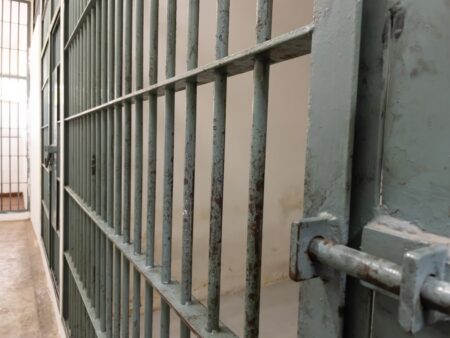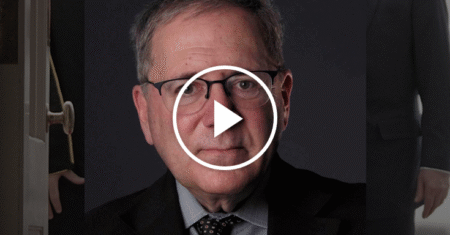A bipartisan group of U.S. lawmakers has urged President Donald Trump to reconsider a newly imposed $100,000 fee on new H-1B visa applications, warning that the policy could harm American innovation and competitiveness.
In a letter sent to the White House and the Department of Commerce on October 21, seven members of Congress, including both Democrats and Republicans, expressed concern that the fee would disproportionately affect early-stage employers and small companies, particularly those that have not yet become profitable.
“The recently announced H-1B visa changes will undermine the efforts of the very catalysts of our innovation economy—startups and small technology firms—that cannot absorb costs at the same level as larger firms,” the letter reads.
Why It Matters
The Trump administration’s plans to slap a $100,000 fee for new H-1B applications have encountered legal hurdles. The fee, brought in as part of the Republicans’ plans to introduce reform to tighten oversight of the visa program, has led to a lawsuit from the Chamber of Commerce, which is ongoing.
What To Know
The letter sent to the President was signed by Representatives Sam Liccardo of California, Jay Obernolte of California, Maria Elvira Salazar of Florida, Don Bacon of Nebraska, Suhas Subramanyam of Virginia, and Greg Stanton of Arizona.
“We agree that the H-1B visa program can be improved and that reform is needed to better align the system with America’s values and workforce needs. At the same time, we are concerned that the recent proclamation related to H-1B visa petitions will create significant challenges for U.S. employers and overall weaken our competitiveness,” the lawmakers wrote in the letter to President Trump.
The lawmakers also warn that if U.S. companies cannot access the required talent, many highly skilled workers may return to countries such as India, China, Israel, or Europe to launch companies that compete directly against U.S. firms.
The lawmakers invited the administration to join in crafting a bipartisan solution for high-skilled immigration reform.
The $100,000 fee, announced in September, applies to new H-1B visa petitions for workers outside the United States. The fee does not apply to existing visa holders and includes a process for exemption requests.
H-1B visas are intended for high-skilled positions that employers have difficulty filling. Large technology companies are among the program’s biggest users, and nearly three-quarters of approved applicants are from India. The program also covers other critical roles, including teachers and doctors.
What People Are Saying
The lawmakers wrote in a letter to President Trump: “Specifically, we have heard clearly from technology innovators that the proclamation’s $100,000 annual fee is prohibitively expensive for early-stage employers and small companies, particularly those that have not yet become profitable. It will bar those rapidly scaling American startups from recruiting and retaining critically needed talent, undermining their growth, reducing employment of U.S. citizens by those same employers, and imperiling our nation’s technological leadership and global competitiveness.”
What Happens Next
Critics argue that while the H-1B visa program is supposed to supplement skill shortages, it often benefits lower-level positions, potentially undercutting wages.
The U.S. Chamber of Commerce has filed a lawsuit challenging the legality of the fee, arguing that it exceeds executive authority and violates immigration laws that limit such fees to the actual costs of processing visas.
The Trump administration maintains that the fee is a lawful and necessary step toward reforming the H-1B program. However, the growing bipartisan opposition suggests that the policy may face significant challenges moving forward.
Read the full article here

















